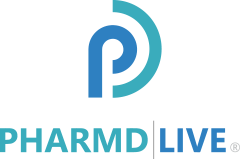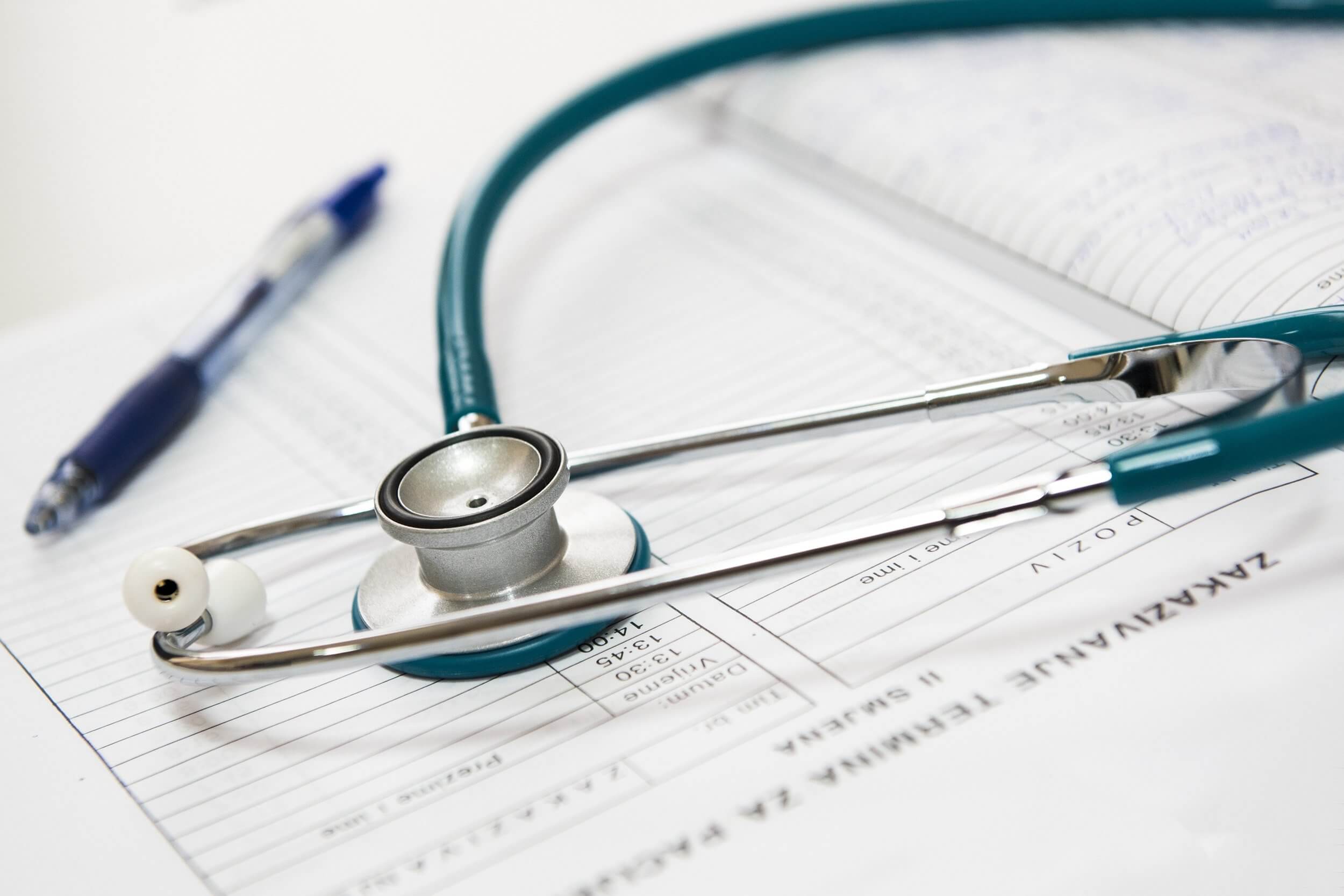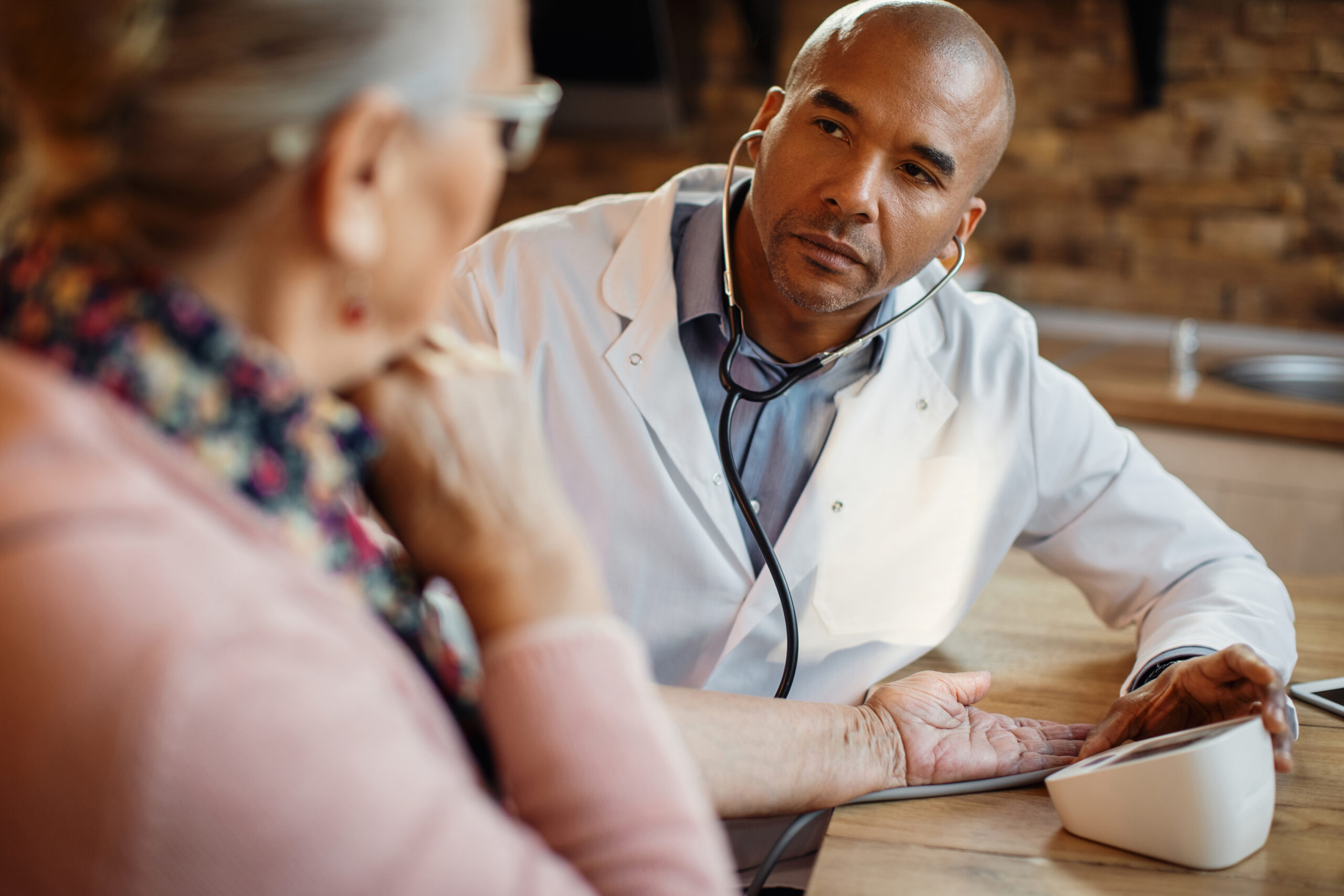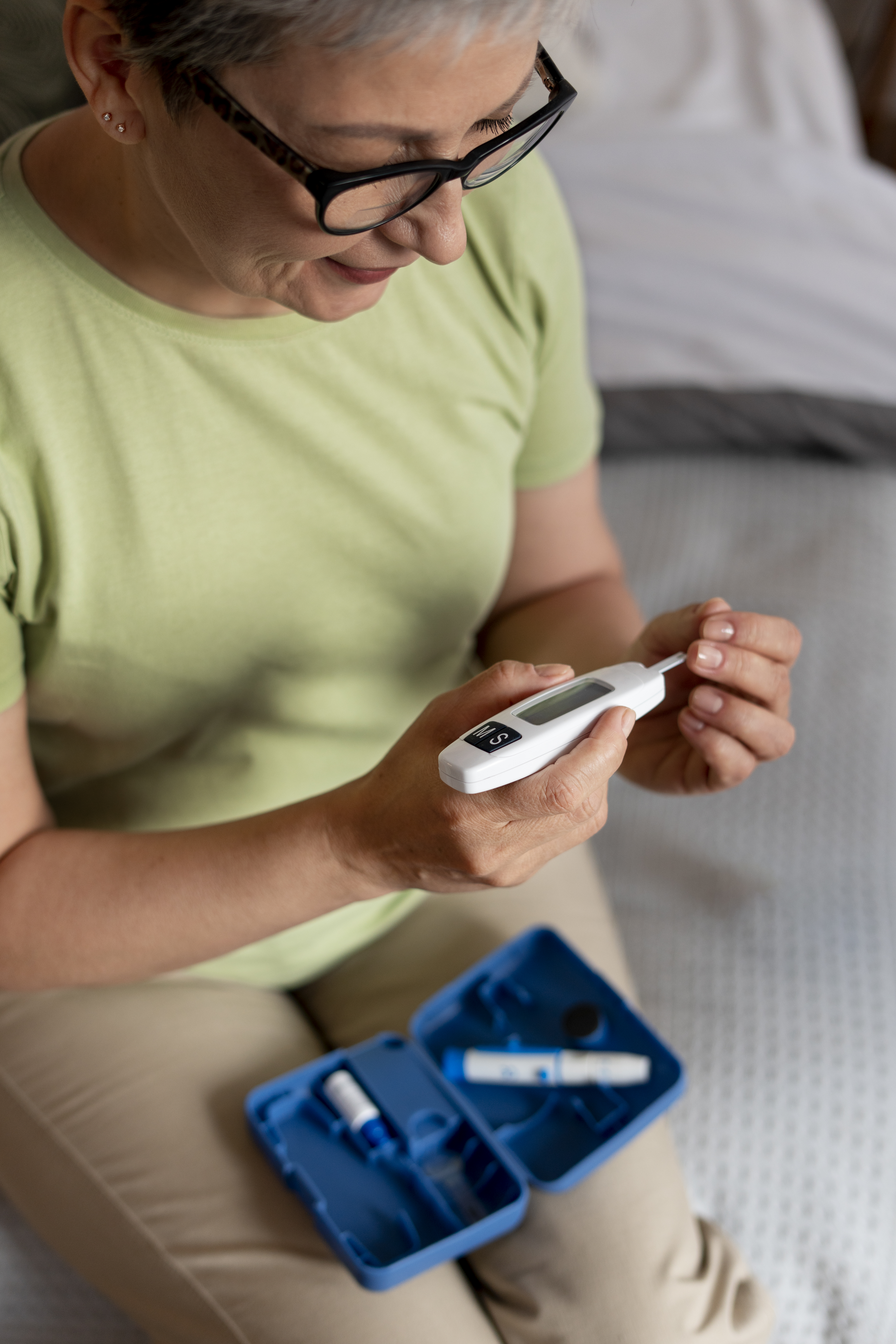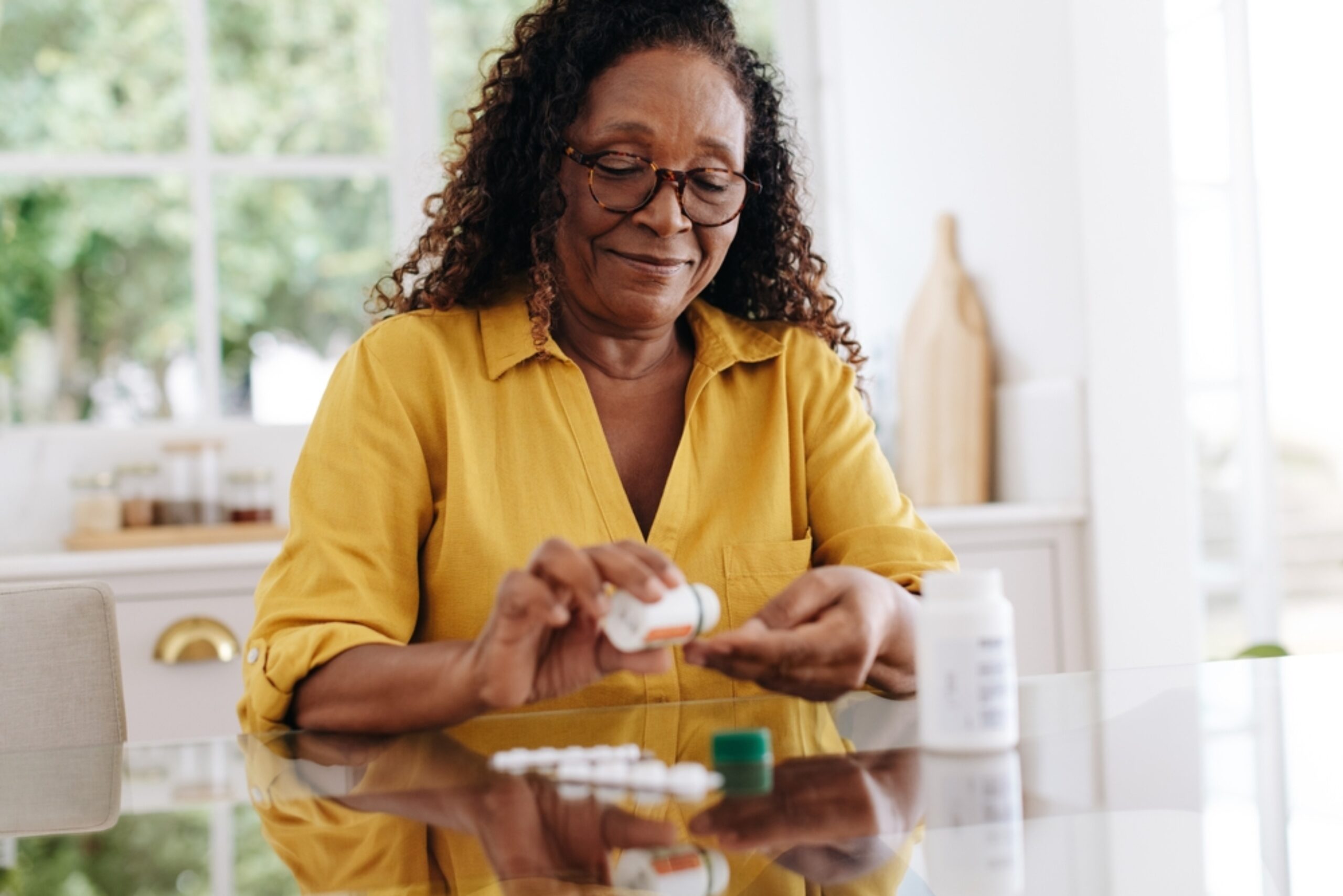By Marshall Eidenberg, DO, PharmD Live.
Medication: everything in moderation
There is horror and harm in acknowledging the estimated 107,622 drug overdose deaths in 2021. We have seen the scourge of opioids, synthetic opioids, methamphetamines, and cocaine overdose deaths across the country.
Yet there is an additional problem of overdoses due to limited information and understanding by physicians working inside their practices. They don’t necessarily appreciate how their medicinal therapies affect and interact with other practitioners’ treatments and even with the foods patients eat. Polypharmacy is its own player in overdose potential.
August is National Wellness Month and closes Aug. 31 with Overdose Awareness Day. Read on to learn how closely they are related.
“Everything is a poison; nothing is a poison. It is the dose that makes the poison.”
Paracelsus, 1493-1541
Unintended consequences of dose as poison
An unrecorded rate of unintended consequences likely happens more than clinicians realize. That is where having an external reviewer and integrator such as PharmD Live’s Chronic Care Management (CCM) Program can improve patient care and potentially save lives.
Speaking from experience, a patient who had recently been diagnosed with new cancer, and had other health issues such as atrial fibrillation, hypertension, and diabetes. He presented to the ER with weakness. The patient’s workup revealed he was taking a new herbal product which put him into kidney failure, and the level of medicine to control his heart rate, digoxin, was too high. This combination slowed his heart rate to 30-40 beats per minute, causing him to feel weak. His heart could not meet his body’s demand for more blood and oxygen during activity. The medical team began treatment before he was admitted because the doctor quickly identified the problem and the trigger.
How often do we fail to catch all the potential interactions of food, herbs, and drugs? Often in a busy clinical practice, there is no dedicated time and staff to ensure every medication is recorded and acknowledged by the clinician. This shortfall especially goes for supplements patients take on vague promises from internet influencers, with no good idea of what is in the product. Fortunately, this patient brought the herbal product bottle to the ER. A call to the 800 number on the bottle provided a person on the other end of the line only willing to say, “These are natural herbs from the rainforest in Brazil.” That response highlights another logical fallacy we as clinicians and patients fall into regularly: because something is natural, it is good for us. Just how good? For example, apple seeds contain cyanide, and nutmeg contains myristicin which can trigger hallucinations, nausea, and death.
New world of medication metabolism
As an older physician, back in medical school, we learned about certain interactions between medications; don’t take grapefruit juice with particular meds, and decrease doses in people with limited kidney function. Scientists, and pharmacists in particular, in the past 10 years, gained a significant understanding of the metabolism of medications and how they interact.
Metabolic enzymes can regulate up or down based on the medicine or other medications. Consider the cytochrome P-450 system and the various subtypes. In some instances there is an additive toxic effect when certain agents are taken together, for example commonly prescribed ACE inhibitors and NSAID drugs like ibuprofen in combination can lead to kidney failure.
Polypharmacy can significantly increase the potential for interactions and additive toxic effects but it is also important to consider the patient’s disease states and the effect this can have on the metabolism of medications.
For example, documents show that type 2 diabetes increases interleukin-6 (IL-6) in plasma, among other effects. Studies in humans, and liver cells, indicate that IL-6 downregulates the cytochrome P450 enzymes. More than half of the most prescribed medications are eliminated by the effects of these enzymes. That means a patient may have supratherapeutic levels of the drugs prescribed. Because of this it is imperative patients on multiple medications receive close monitoring for signs of adverse reactions
Conversely, in patients started on a medication such as metformin, the IL-6 level goes down, which may cause an increase in the cytochrome P450 enzymes and a lower-than-expected level of medicine in the body, requiring medication adjustments. Having the time and expertise is crucial to ensuring the best care for our patients.
PharmDs as CCM sees poison potential
When working with patients with chronic conditions, a partner such as PharmD Live can work with the patient and identify social determinants of health. PharmDs help with determinants such as education and health literacy and how they relate to decreases in unintentional over dosing of medications. By identifying supplements and every medicine from all healthcare providers, PharmDs reduce the rate of unintended consequences of their therapies. By centralizing chronic care management through a single provider-engaged CCM, the PharmD can inform all therapy providers of therapy interactions.
Overdose Awareness Day is a fitting close to August, which is National Wellness Month. Over the past several years, all of us have had stresses to our wellness, not just physical but in the areas of emotional, occupational, financial, social, and environmental. We should be mindful of those around us while attending to our needs to provide the best treatment. “If you don’t take care of yourself, you won’t be around to take care of all the things you have to take care of… or think you do.”
About the author
Marshall Eidenberg, DO, PharmD Live, trained as an Emergency Medicine Physician in the U.S. Army. He values helping people when they are most vulnerable and in a time of need. Dr. Eidenberg realized early on that creating a better lifestyle based on health and wellness was a powerful tool to help communities, so he retrained in primary care and opened a Direct Primary Care practice that focuses on creating communities of wellness. When off duty, he enjoys riding one of his bikes or hiking in pursuit of a new vista.
About PharmD Live
PharmD Live is a nationwide telehealth network of clinical pharmacists and proprietary AI-driven technology working with medical practices to identify, predict, and prevent medication risks and gaps in care. PharmD Live’s solutions are personalized and proactive. The care delivery model improves patient outcomes, drives clinical efficiency and, increases value-based profitability. For more information, call +1 (202) 765-1429 or visit pharmdlive.com.
